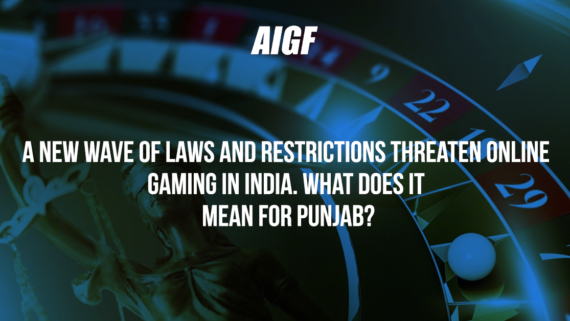As esports gain more recognition in India, huge foreign investment will flow into the Indian esports ecosystem. It will see esports arenas established all over India. This will help esports players to collect taxes by sport category. From now on, our e-sportsmen are treated according to their traditional income, unlike sportsmen.
Recognizing Esports As A Sports Will Grow The Sector
The last few years have contributed to the Indian video game and esports industry. These sectors have been largely ignored by investors, governments, and businesses. COVID-19 made major changes in the gaming sector; as the video game and esports industry grew, they are still in a state of disrepair. But it is still good news as with any new industry, self-development takes time.
Main characteristics of the esports sector
The other world is talking about video games (Candy Crush, Fruit Ninja, Fortnite, etc.) or talking about gaming revenue(Teen Patti, Rummy, Fantasy Poker). All other real money games are also called i-gaming platforms. But in India gaming generally means i-gaming. Therefore, all figures, press releases, and reports change from this definition. This confusion was caused by the use of the word “gambling” in the Public Gambling Act of 1867 and others that followed it, which is now “online gambling”. Unfortunately, esport has been misrepresented because it has been linked to i-gaming or online gaming. When you read an article about online gaming / i-gaming, you will often see pictures of gamers playing electronic games or video games like PUBG or FIFA and not pictures of real money-based games. This misrepresentation can affect growth if not addressed now and the potential of the Indian video game and esports industry. It also leads to conflict between authorities and potential investors. In a cabinet discussion (February 4, 2021), Sports Minister Kiren Rijiju answered questions on “Gaming and Esports Policy” in India, saying, “Esport is different from gaming, i-gaming, gambling, etc.”
The change movement
Esport will now be part of the 22nd Asian Indoor Martial and Arts Games (Thailand) and Asian Games-22 (China). Esport was also included in the 2018 Asian Games, where ESFI esports player Tirth Mehta won an award for national teams. It is time for the Indian government to recognize esport as a sport. Esport has recently been recognized as a professional sport in Thailand, with the Thailand Esports Association along with the Ministry of Sports, has made it a reality. There are over 30 countries where esport is recognized by all sports or the National Olympic Committee, including our neighboring countries Sri Lanka, Nepal, and Pakistan. The International Olympic Committee (IOC) also recognizes esports. Now is the most opportune time to speak out on the words of our honorable Prime Minister. “India must become a world leader in the digital gaming sector by harnessing the full potential of this industry and developing games based on Indian culture and legends,” he said. In that sense, he was talking about video games, not i-gaming, just to make sure and not misinterpret. Several reports point to the enormous potential of esports and India with around 400 million players online. The responsibility is to live with all stakeholders and the authorities to reach their full potential and make India the esports country of the next generation.
The Upside
Knowing about esports can be helpful in many ways. More importantly, it will help end the confusion between eSports and “i-gaming”. This will legitimize our esports industry and our players will begin to gain parental support and community recognition. This will also ensure the health of our players and that their way ahead is marked. Our players are the focus of our game and are typically between the ages of 14-21. When their peers prepare for engineering or medical school, they focus on other activities and strive to become better athletes, but unfortunately, unlike athletics, the i-gaming lifespan is too short. This recognition will also help protect our esports players from overwork and the creation of efficiency. It will encourage brands to focus on long-term improvements and partnerships with esports, unlike today when most companies see esports as just a tool. Since there are no esports standards or contracts with esports players, this will also lead to the creation of a great private-public environment where we can train our players, coaches, referees, etc, and improve their skills. It will also be an inspiration for Indian video game developers to create more esports games based on Indian spirit and culture.
At the same time, it will contribute to the creation of various jobs such as esports analyst, game designer, VFX / GFX, commentator, event management, esports journalism, coach, trainer, doctor, physiotherapist, nutritionist, manager, esports marketing, and many more.
As esports gain more recognition in India, huge foreign investment will flow into the Indian esports ecosystem. It will see esports arenas established all over India. This will help esports players to collect taxes by sport category. From now on, our e-sportsmen are treated according to their traditional income, unlike sportsmen.
The esports community needs and wants esports to be recognized and benefited by the government based on sport in India and the support that the sports community and athletes receive. Currently, esports in India is considered entertainment, not a sport, and the government has yet to recognize it as a sport. Esports players, associations, and all participants will end up paying 35% entertainment tax because of this, but the sports tax in India is 20%. A change of government can make a difference that will create a whole new economy.











Comments
Comments are closed.